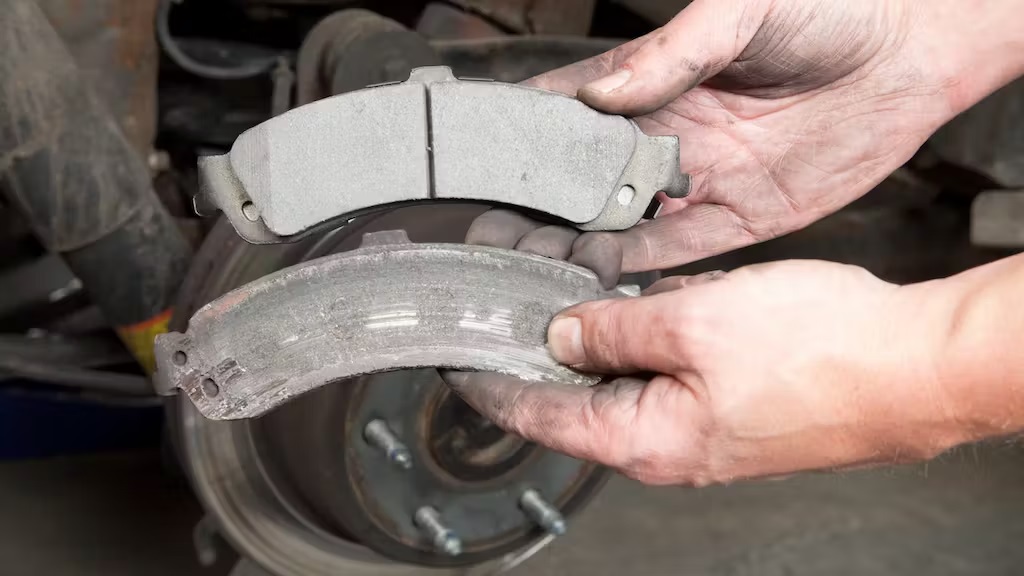The immediate thing that typically occurs to you whenever you detect a creaking or screaming noise emanating from your brakes is the deteriorating brake pads. But one of the numerous issues with your brake system could be the source of that annoyingly powerful noise. A freshly installed set of pads that have yet to become acclimated to the blades or a little corrosion on your blades from a night of rain are two examples of short-term causes. Other times, it could be a more significant problem, such as a calliper malfunction (which keeps your brake pads on the rotor to halt your car). If the squeal stops after using the brakes a few times, there is usually no issue. However, if the sound continues or, even more concerning, if you start to lose braking force, it’s time to have an expert examine your brakes. Continue to learn what could be going on with the brake mechanism if you’re not sure what’s making your brakes screech. Know more about Power Stop brakes
These are some possible causes of brake squeaking.
1. Brake pads that are worn out or deteriorating
Brake pad wear is the most evident reason for brake screeching. This is due to the metal indication that is specifically included in brake pads so that it can give a loud alert when the thickness is about to be reduced. You can tell when your brake pads need to be changed by that annoying squeal. Similar squeaking sounds can be produced by brake pads that have a tiny film of rust on them, although these noises normally stop within a couple of brake applications.
2. Dust and Dirt in the space surrounding your brake pads and rotors
Sand, dirt, or other material on the outermost layer of your brake pads or rotors is another typical source of brake screeching. This may occur under different driving circumstances or if your automobile sits for an extended amount of time collecting dust. In this situation, a short sprinkle of cleaner or some little polishing of the top layer will typically solve the issue. Following a couple of brake applications, it could also dissolve by itself since the contact between the brake pads and rotors removed the dirt.
3. Dampness at Midnight
Likely, an unusual sound you detect when you wake up in the morning is entirely typical, particularly when your automobile has been subjected to moisture from snow, drizzle, or fog. Your brakes are susceptible to developing a thin film of corrosion on the rotors if humidity gets inside of them. When you press the brakes, this may result in a grating or screaming sound. Luckily, everyday driving may usually remove the corrosion. To avoid letting moisture build up on your brakes, you could also consider storing your car inside.
4. Drum brakes that aren’t properly lubricated
If your vehicle utilises drum-type brakes, the screeching could be brought on by an absence of grease at the locations where the shoes and drum reach a level of proximity.




